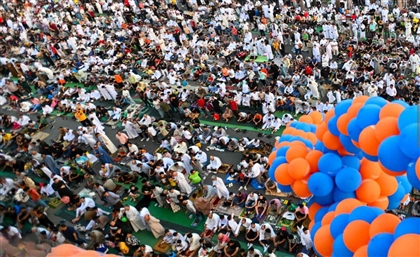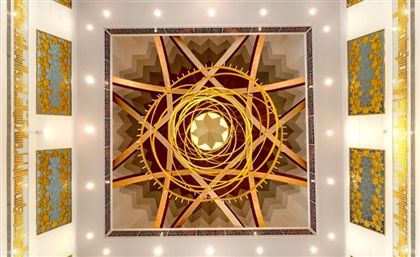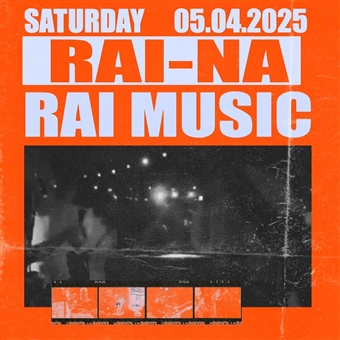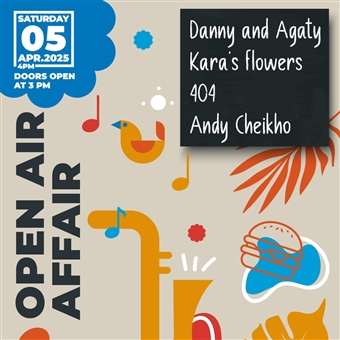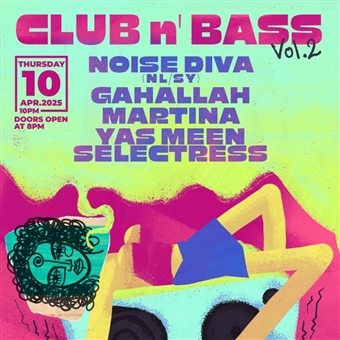#SceneKheir: There’s an Oasis in Cairo’s Urban Jungle for Children with Cancer
In the fifth of our #SceneKheir series, we meet the Health and Hope Oasis' CEO to find out how this remote farm is helping underprivileged children with cancer overcome their biggest obstacle: lack of hygienic habits.
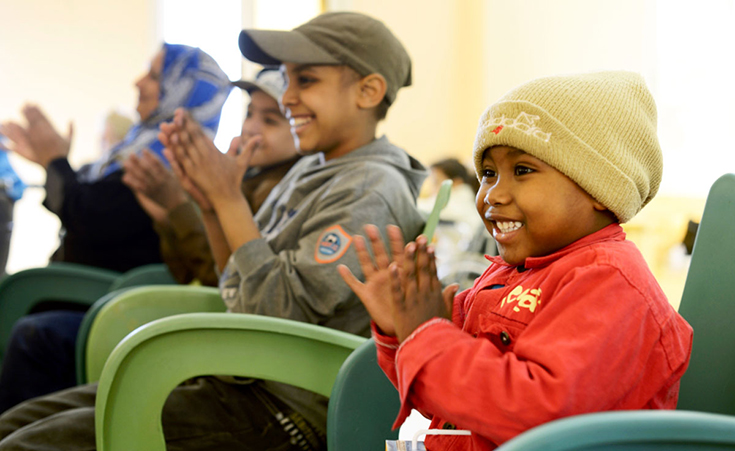
Far from Cairo’s garbage-ridden streets, far from the city’s invasive pollution, far from its earsplitting traffic and its nauseating bustle, there is an oasis for children whose living conditions make cancer unbeatable.
Located in Wadi El Natrun, between the heavily crowded cities of Cairo and Alexandria, the Health and Hope Oasis offers a haven where children from underprivileged families who suffer from cancer can play, learn, make crafts, and, most significantly, acquire hygienic habits. “In low-income families, the lack of hygiene, nutrition, and consistency in following treatment really affects their recovery. Some of them begin the treatment and never come back to the hospital,” says Dr. Magda Iskandar, CEO of the Oasis.
Created through joint effort of two non-profits – Friends of Children with Cancer (FOCC) and Care With Love (CWL) – the centre offers the possibility of a health retreat, not only to the child patient, but also their entire family. “We host the child, their family, and any children under 12, especially the siblings of cancer patients because they suffer a lot,” she says. “Usually, the family concentrates on the sick child so his siblings feel left out; they don’t have the same chances and express a lot of anger because they feel that unbalance.”
Working closely with the National Cancer Institute, Egypt’s largest centre dedicated to the disease, the Oasis receives between six to 16 families per week. “We have a representative who goes to the hospital regularly, gives out applications, and coordinates when families want to join.” The service, which includes transportation and accommodation for the period the family decides to stay, is free in the case of low-income families. “We have had visits of families who did have the funds to pay, so they fund their own accommodation,” Iskandar explains.
While some families stay for three days, others extend their period to three months, after which they return to the hospital for treatment, and then revisit the Oasis. Its nutrition programme, its biking and sporting activities, its organic farm, and its caretakers’ hygiene lessons all come together to wrap the child in a safe, unpolluted environment that can favour their recovery. “We have health awareness programmes to teach families and children about all types of hygiene, from personal hygiene to cleaning the house,” says Iskandar, as she points out the health kit they have prepared for each child, including soap and towels. “It’s an isolated place far from traffic and the city; it’s in the middle of a farm so they don’t have to wear a mask because there is clean air,” she adds. The entity has a farm where they grow vegetable and fruits, and a barn with their own milk.
The place, literally an oasis in the heart of a country overridden by population growth and poverty, also serves as a model for health practisioners, who often visit the insititution as a training venue. “We have been running since 2007, but are still building phase two, with the kitchen and housing units for our 40 employees,” she explains.
The organisation received funding from businessmen – the Sawari Foundation is one of their biggest supporters – as well as smaller donations from a sister organisation in the USA. “We get lots of in-kind donations, and fortunately we have been growing even during the time of the revolution; we have faith that they will keep coming and we don’t worry about that,” she says candidly.
This Ramadan, they are receiving donations via their website or bank transfer, as well as volunteers across different fields, from teaching, to farming activities, to painting and cleaning. No time limit is imposed, and accommodation can be provided for a reasonable price. “We need volunteers all the time, especially to teach caregivers skills, whether it is crafts or communication strategies to teach cleanliness through puppets and sketches,” Iskandar concludes. “There are groups that come for a day, or stay just one night.”
This article is part of the #SceneKheir series, which highlights different charitable organisations during the month of Ramadan. To support the organisation, visit their Facebook Page.
Trending This Week
-
Mar 29, 2025






